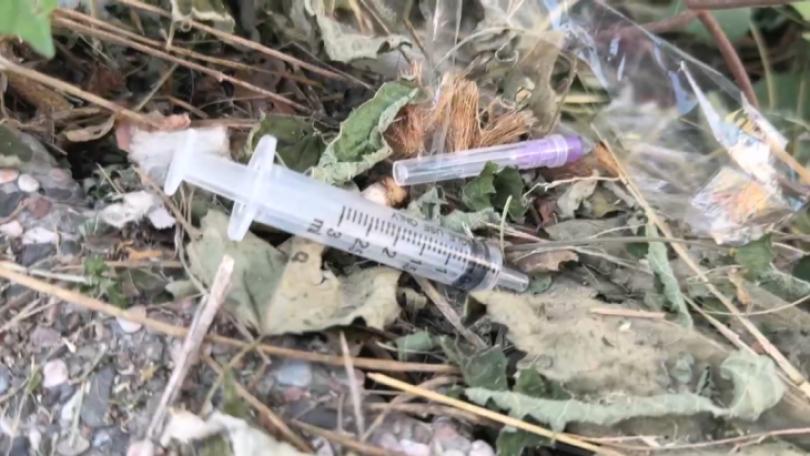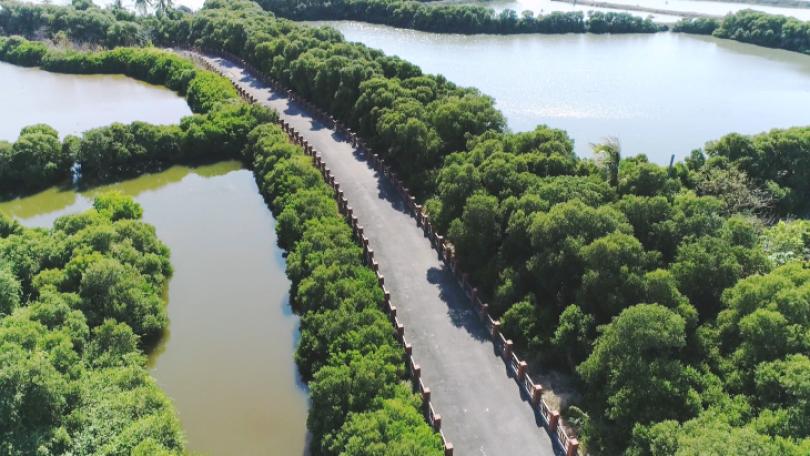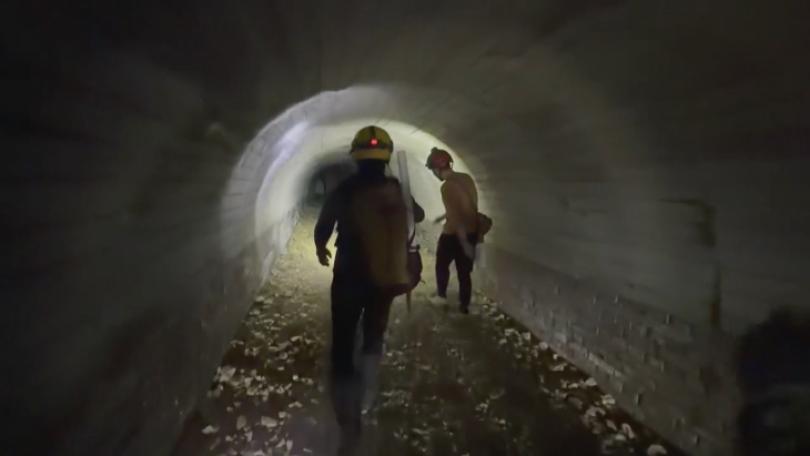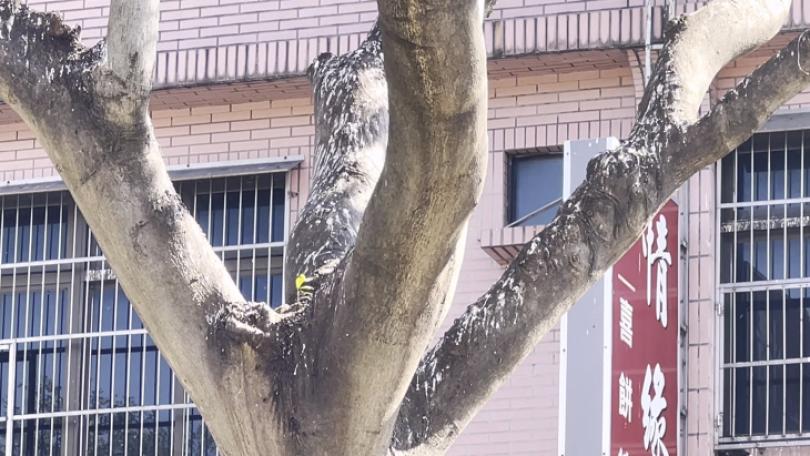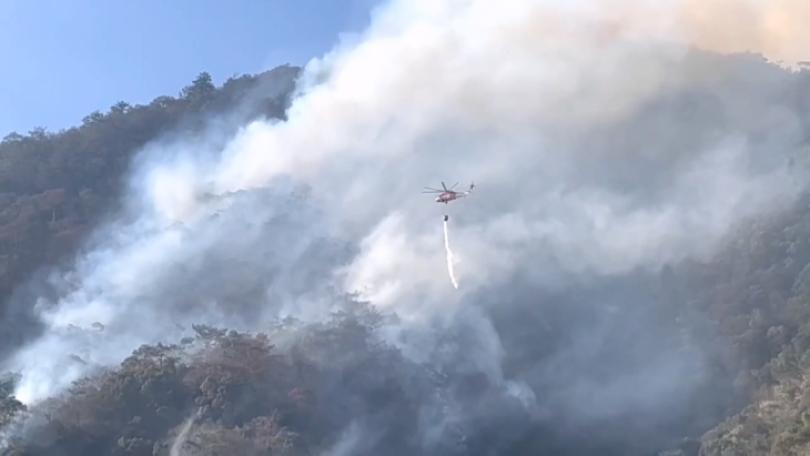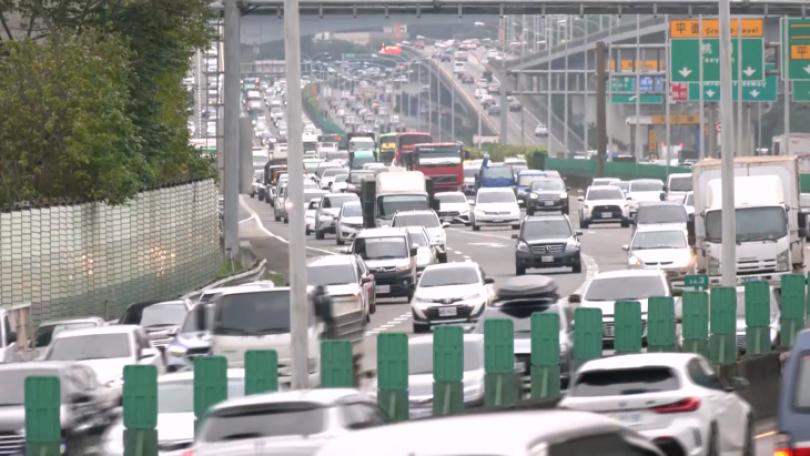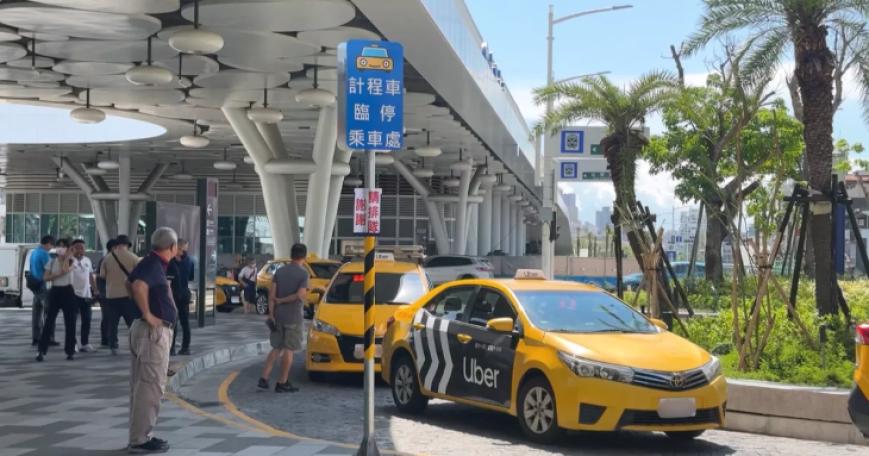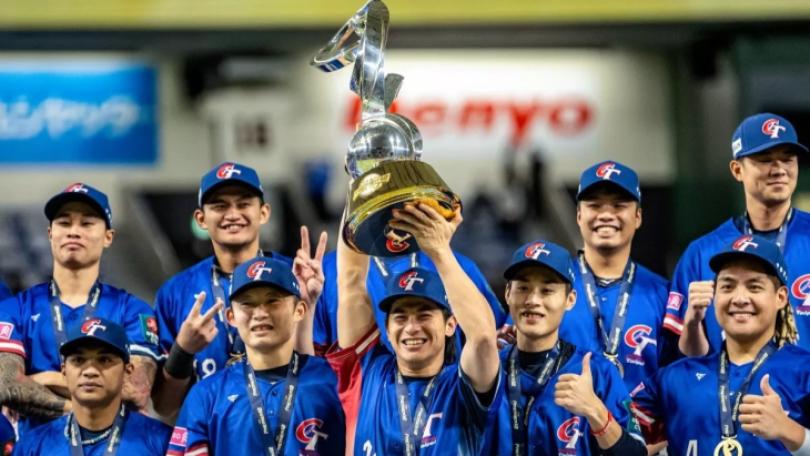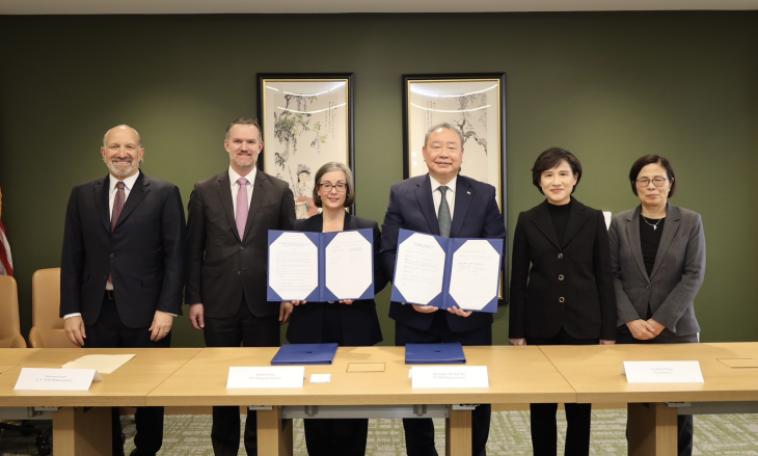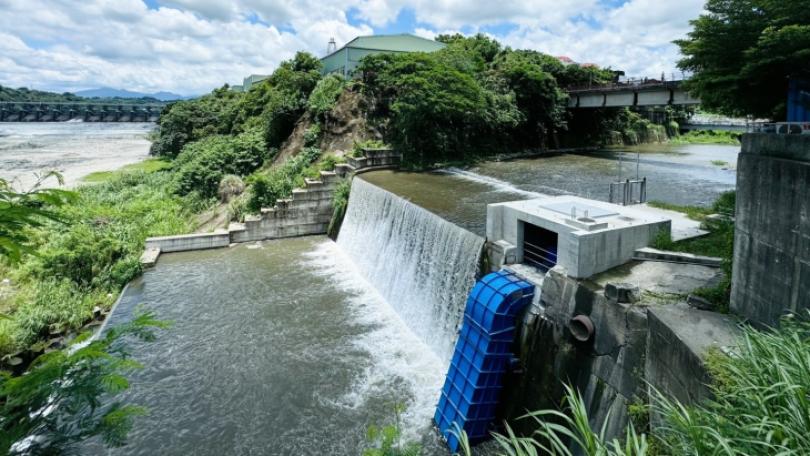Masks on Protesters Incite Debate|集遊法禁蒙面是否落實執法 柯文哲槓中央
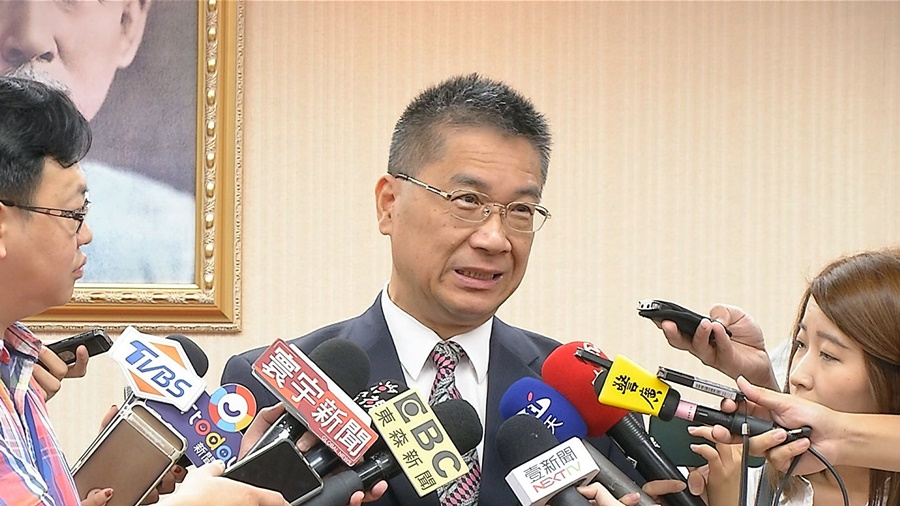
發布時間:
更新時間:
Taiwan's Assembly and Parade Act contains a provision similar to the ban on the use of masks enacted by Hong Kong. Recently, Taipei City Mayor Ko Wen-je and the central government disagreed over whether the police will enforce these provisions. In response, Interior Minister Hsu Kuo-yung said Ko should familiarize himself with relevant laws.
Several days ago, the Hong Kong government announced a ban on the use of face masks at protests, leading to questions about whether this violated human rights. In Taiwan, the Assembly and Parade Act contains provisions banning covered faces. Many protests take place in Taipei, resulting in questions about how the police will actually enforce these provisions. Taipei City Mayor Ko Wen-je said he believes the police should administrate by law, which put him in disagreement with the central government. During a legislative interpellation on Oct. 7, Interior Minister Hsu Kuo-yung fired back at Ko.
He should familiarize himself with law-based administration. I have already clearly explained law-based administration is already here and told him to study the related provisions some more.
Under Article 14 of the Assembly and Parade Act, competent authorities "shall" put necessary restrictions on "any disguising that might make personal identification difficult." In 2016, the legislature's Internal Administration Committee passed the first reading of an amendment to delete this clause. However, the amendment did not go to a third reading. The blue camp says it attempted five times to put this issue to a vote in the legislature, but was vetoed every single time. It urged the green camp to amend the law instead of fixing games. The two sides also debated the act's provisions and applicability standards for the police.
If Huang Chao-shun goes out and throws eggs, and then goes to protest while wearing a mask of Tsai Ing-wen's face, is this considered to be a violation of the law? I don't think you'll go out and throw eggs, nor will you wear a mask of Tsai Ing-wen's face. I would throw eggs, I would a mask of Tsai Ing-wen. I don't think you will.
When it (the law) is manipulated for political reasons, then those who might end up losing will be grassroots police officers. Yes, there is such a provision under law, but here in Taiwan there is virtually no penalty, and we have virtually never imposed restrictions. Why? Because this is what is so cute about Taiwan's freedom and democracy.
Hsu said he supports amending the law. Moreover, the current law uses the word "shall," and refers to a ban on possible violent behavior. However, in the past dozen or so years, the police have never imposed restrictions. Hsu also said he will listen to the opinions of relevant authorities to serve as a basis for amendments.
香港政府緊急頒布禁蒙面法,引發侵害人權爭議,可是我國的集會遊行法中,也有禁蒙面的相關規定,由於台北市陳抗事件多,警方是否落實執法的尺度問題,引發台北市長柯文哲不滿,認為北市警方應該依法行政,與中央認知發生磨擦。對此,內政部長徐國勇到立院備詢,隔空回嗆柯文哲。
內政部長 徐國勇表示:「他把依法行政看清楚,我已經講清楚說,依法行政已經在這裡了,叫他把那個相關的規定,然後再去研議一下。」
根據集會遊行法第14條規定,執法單位「得」就妨害身分辨識的化裝事項,給予必要限制;原本2016年,內政委員會已經初審通過修法,刪除這個條文,可是遲遲未三讀;藍營更指控,5度在大院提案表決,都遭到否決,要求綠營落實修法,不要「打假球」。藍綠也針對集遊法的規定和警方適用標準,掀起論戰。
國民黨立委 黃昭順 vs. 內政部長 徐國勇表示:「黃昭順去丟雞蛋,然後我戴小英的面具上街頭,這樣算不算(暴力違法)?(我相信你不會丟雞蛋啦,你也不會戴小英的面具啦。) 我會丟雞蛋,我也會戴小英的面具。(我相信你不會啦!)」
親民黨立委 陳怡潔 vs. 內政部長 徐國勇表示:「(禁蒙面法)被相對的一個政治操作的時候,那可能倒楣的還是基層員警,是有法律有這樣的一個規定,可是我們台灣是幾乎,而且沒有罰責,也幾乎沒有去限制過,為什麼?因為這就是台灣自由民主的可愛。」
徐國勇強調支持修法,而且現行法條中,是用「得」,是對於可能有暴力行為,予以禁止,可是幾十年來,警方從未去限制這事;他同時強調,會聽取相關單位的意見,做為修法依據。

